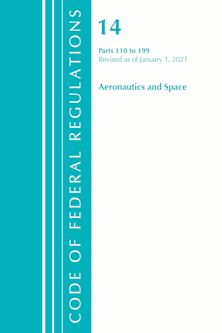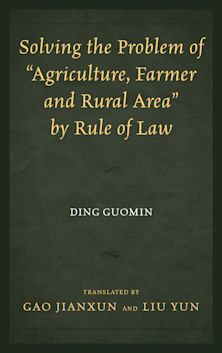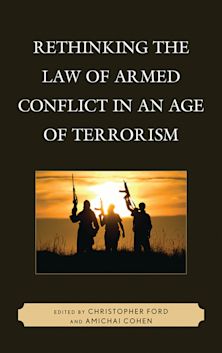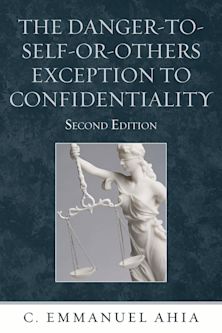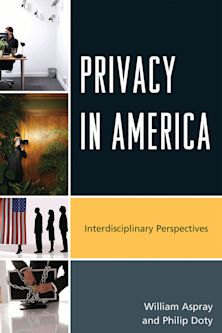Forensic Science in Court
Challenges in the Twenty First Century
- Textbook
Forensic Science in Court
Challenges in the Twenty First Century
- Textbook
- Delivery and returns info
-
Free US delivery on orders $35 or over
Description
Forensic Science in Court explores the legal implications of forensic science—an increasingly important and complex part of the justice system. Judge Donald Shelton provides an accessible overview of the legal aissues, from the history of evidence in court, to "gatekeeper" judges determining what evidence can be allowed, to the "CSI effect" in juries.
The book describes and evaluates various kinds of evidence, including DNA, fingerprints, handwriting, hair, bite marks, tool marks, firearms and bullets, fire and arson investigation, and bloodstain evidence. Assessing the strengths and limitations of each kind of evidence, the author also discusses how they can contribute to identifying the "who," "how," and "whether" questions that arise in criminal prosecutions.
Author Donald Shelton draws on the depth of his experiences as courtroom prosecutor, professor, and judge, to provide a well-rounded look at these increasingly critical issues. Case studies throughout help bring the issues to life and show how forensic science has been used, both successfully and not, in real-world situations.
Table of Contents
Introduction
Chapter 1: The History and Development of Forensic Scientific Evidence
Chapter 2: The Problem of Junk Science
Chapter 3: DNA—the New Gold Standard
Admissibility of DNA at Trial
Postconviction DNA Testing
Chapter 4: The "Who" Question
Fingerprint Evidence
Handwriting Comparison
Chapter 5: More "Who" Questions
Hair Analysis
Bite Mark Analysis
Chapter 6: The "How" Question
Toolmarks and Firearms
Bullet Lead Comparison
Fire, Explosion and Arson Evidence
Bloodstain Pattern Evidence
Chapter 7: The "Whether" Question: Social Science Evidence in Criminal Cases
Eyewitness Identification Experts
Forensic Abuse Syndromes
Conclusions about Social Science Evidence
Chapter 8: Jurors and Forensic Science Evidence
The "CSI" Myth
The "Tech" Effect
"Negative" Evidence
Voir Dire, Argument and Jury Instructions
Chapter 9: Conclusions: Where Do We Go From Here?
The Last Twenty Years—An Era of Doubt
Daubert's Change in the Legal Standard for Admissibility
The Emergence of DNA as a New Model for Forensic Scientific Evidence
The Impact of DNA Exonerations
The Impact of the National Academy of Sciences Report
The Impact of New Technology Awareness by Jurors
The Current State of Forensic Science Evidence in Criminal Cases
Thoughts about the Future of Criminal Forensic Science
Appendix: Recommendations of the National Research Council Strengthening Forensic Science in the United States: A Path Forward
Notes
Index
About the Authors
Product details
| Published | Oct 16 2010 |
|---|---|
| Format | Paperback |
| Edition | 1st |
| Extent | 196 |
| ISBN | 9781442201880 |
| Imprint | Rowman & Littlefield Publishers |
| Dimensions | 9 x 6 inches |
| Series | Issues in Crime and Justice |
| Publisher | Bloomsbury Publishing |
Reviews

ONLINE RESOURCES
Bloomsbury Collections
This book is available on Bloomsbury Collections where your library has access.














